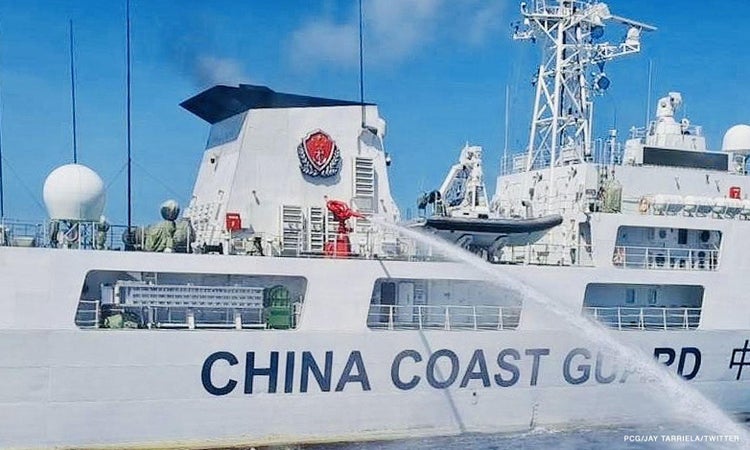In a country where activists and career protesters are known for making their voices heard on various issues, the conspicuous absence of protests outside the Chinese Embassy in Manila regarding the West Philippine Sea issue raises important questions. While streets and public spaces have been filled with dissenting voices on numerous occasions, the apparent silence on a matter as critical as Chinese aggression in the West Philippine Sea demands scrutiny.

Money Matters
One plausible reason for the absence of protests could be the financial aspect. Street protests often require resources, and without adequate funding, the machinery of dissent may grind to a halt.
Career protesters, known for their opportunistic tendencies, might be unwilling to engage in activities that do not come with financial compensation. It raises the question of whether these activists are driven more by monetary gain than a genuine concern for the nation’s territorial integrity.
Ideology Over Nationalism
Another factor to consider is the ideological stance of these career protesters. Many of them align themselves with leftist groups, which may prioritize their ideology over nationalism. In such cases, the fervor for their political beliefs may overshadow any sense of duty towards the nation. The absence of a strong nationalist sentiment among ideologists could explain their reluctance to rally against Chinese aggression.
Furthermore, a historical perspective is essential to understanding the complex dynamics at play. The Philippines has a long history of anti-U.S. sentiments, and leftist groups have been at the forefront of movements opposing American influence. The question arises: Is their disdain for the U.S. stronger than their love for the Philippines? Some argue that the roots of China’s assertiveness in the region can be traced back to the withdrawal of U.S. military bases from the Philippines over three decades ago. The silence on Chinese aggression may, therefore, be an unintended consequence of their historic anti-U.S. stance.
Traitors Among Us
The influence of former President Duterte cannot be overlooked in this context. Duterte’s pro-China stance has garnered a loyal following, often referred to as DDS (Duterte Diehard Supporters). This group, despite the national threat posed by Chinese aggression, seems more inclined to support Duterte personally than to rally for the defense of the country’s territory. The blind allegiance of DDS to Duterte’s policies may be a significant factor contributing to the absence of protests outside the Chinese Embassy.
Moreover, whispers of collusion between certain government officials and China add another layer to the puzzle. Allegations of secret support for China, driven by personal business interests, could be a plausible explanation for the silence among career protesters. The recent incident where a Chinese Coast Guard vessel water-cannoned a BFAR vessel saw criticism from many high-ranking officials, but notable figures like Sarah Duterte remained conspicuously silent. Such instances raise suspicions about the influence of personal interests in shaping the response to Chinese aggression.
